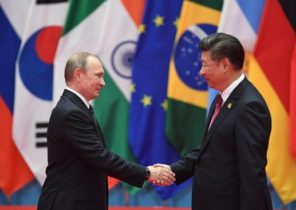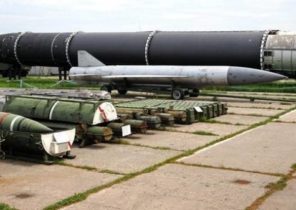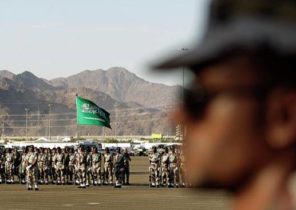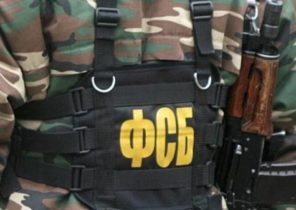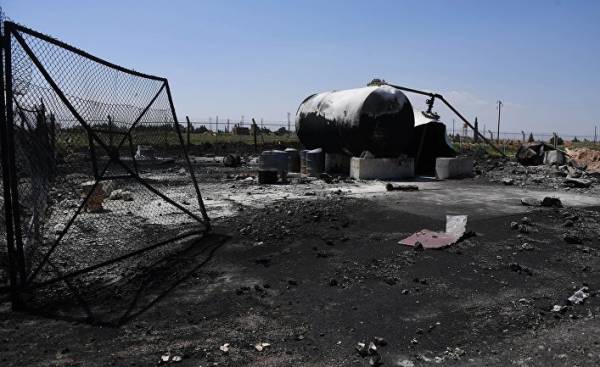
After the missile strike USA in the city of Khan shaykhun near Idlib, which killed 58 civilians, including 11 children, the UN Security Council held an emergency meeting on Syria to discuss what has happened and determine who is responsible for it.
It all happened in the midst of military operations, which led the Syrian troops with the support of the international coalition headed by Russia, which also includes Iran, amid US claims that American leadership for the overthrow of the Assad regime is not a priority in Syria.
Regarding a chemical attack in this country, it’s safe to say that chemical weapons fell into the hands of the Syrian opposition via Turkey. We know that the opposition is engaged in the production of chemical weapons and that the Syrian leadership repeatedly briefed the UN Security Council.
From a practical point of view, Syria is not needed the use of chemical weapons, to influence the course of the fighting in Idlib. Especially when you consider that the military situation was in its interests, and the interests of its allies, and the retention of power in Syria, President Bashar Assad was acceptable to the United States of America.
According to military estimates, the Syrian airstrike on warehouses of weapons and ammunition remaining from LIH and “al-Nusra Dzhebhat” (banned in Russia — approx. ed.), caused the explosion of chemical weapons, available at data warehouses, which led to the deaths of innocent people.
The United States, in turn, did not wait for any investigation into the incident, and hastened to put an airstrike on Syria by 59 launch missiles from ships in the Mediterranean sea aimed at the Syrian air base South of the city of HOMS, previously informed him about the Russian.
It should be noted that this carefully prepared the airstrike was a sort of message to many forces, and his goal was to change the international rules of the game in Syria.
Russia considers this event as an aggression against an independent sovereign state and has decided to suspend its agreement with the United States whereby the parties undertook to coordinate their actions in Syrian airspace, and sent to the Mediterranean sea from their best frigate, and now this fact constitutes a threat to international security.
There is no doubt that what was done by the United States indicates a serious change in American policy on the Syrian track, which marks a departure from the policies of Obama. In addition, this step is an attempt to regain his status as the leader in the middle East at the expense of Russia and Iran.
A missile attack was made to say, therefore, that the United States have the status of a military leader in the world, they should have a decisive say in regard to the Syrian crisis and to determine who is what role to play in the region.
The missile strike followed by a new phase, which will be characterized by a different distribution of power, other parties ‘ positions, different strategies, and this will obviously take some time.
The Arab countries supported the US decision to launch a missile attack on Syria and saw it as the beginning of deliverance from the growing Iranian influence in the middle East, President Bashar al-Assad in Syria, as well as the beginning of the restoration of Arabic-Saudi influence in the region after the period of his fall.
The Turkish leadership has seen US strike the weakening of the role of Bashar al-Assad and, as a consequence, the recovery of Turkey’s role, especially in the North of Syria.
Turkey was very happy to know about committed by the Americans missile strike and soon start the implementation of the plans in the field of security in the North of Syria and in the South by encouraging and supporting the efforts of Jordan in this direction.
It is difficult to predict what will happen in the near future, but it may be noted that the Syrian crisis has entered a new phase, and cannot be reversed.
Finally, it should be said that this stage will bring major changes to the Middle East in General and in the settlement of the Palestinian-Israeli conflict in particular.

